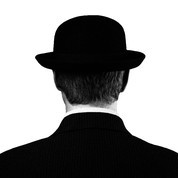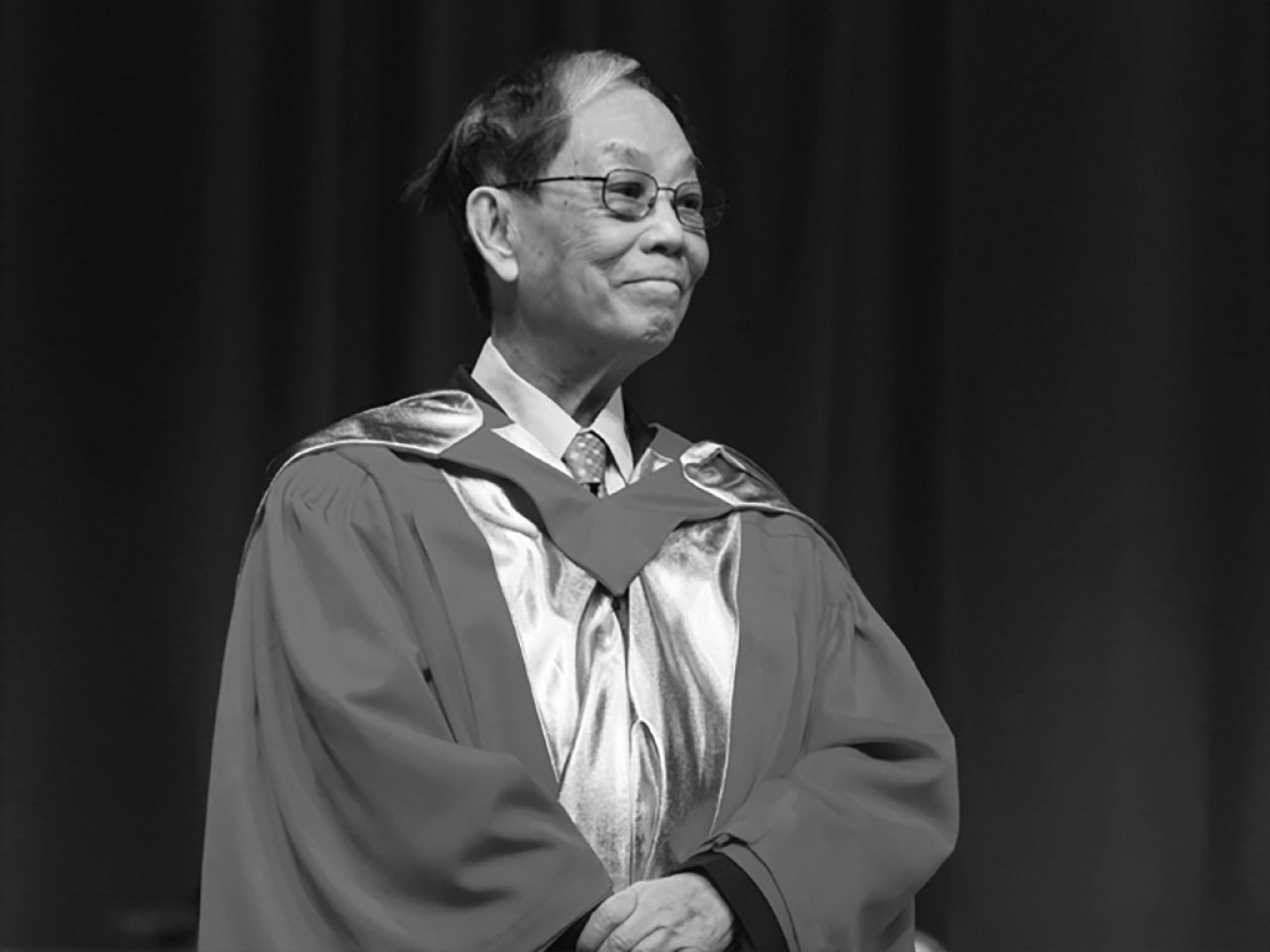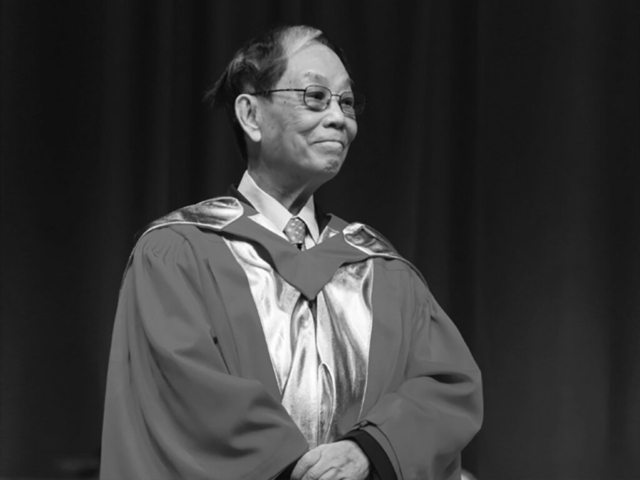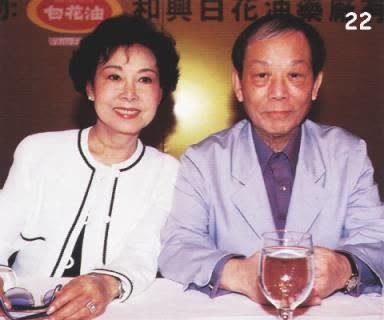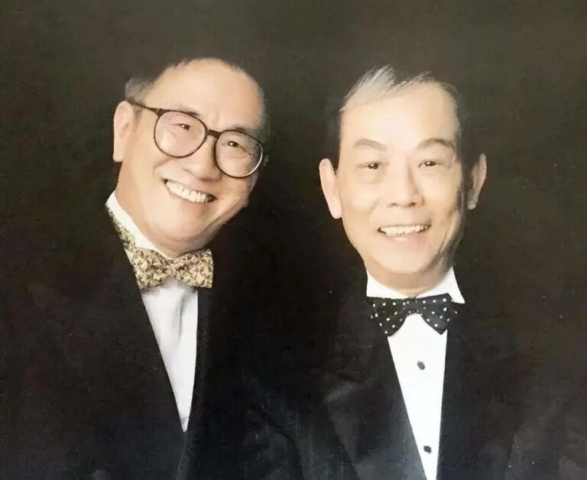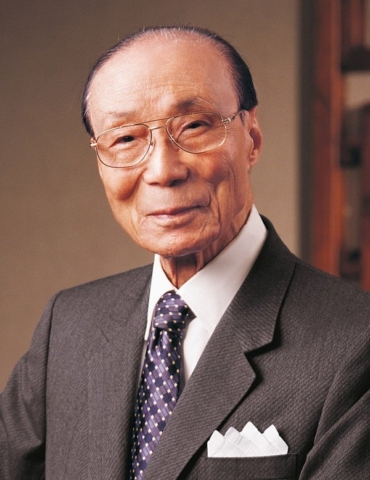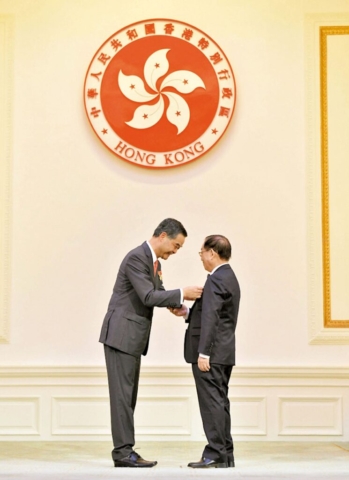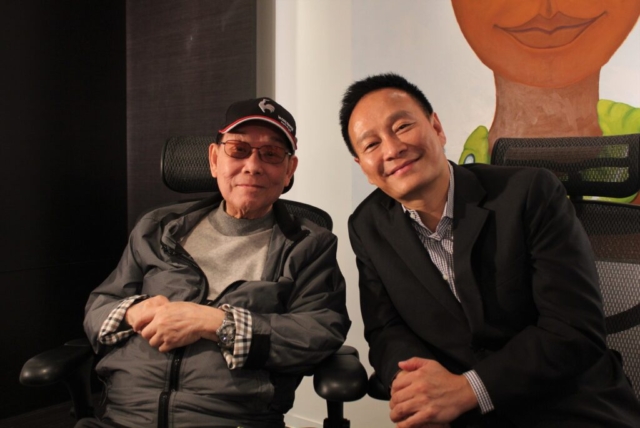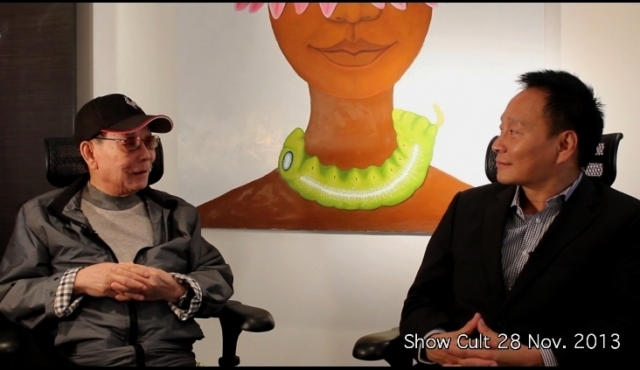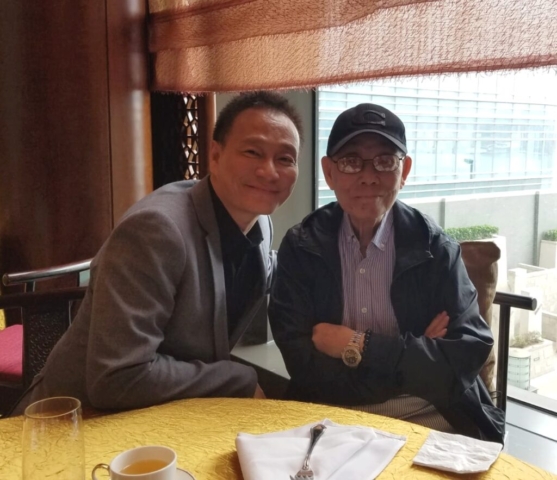Music that has no past, neither has present…nor future.
The first phonograph record was released in Hong Kong in the 1930s. Cantonese opera ditties and folk songs were popular in those days. Honouring the old music masters of Hong Kong like heroes is the gesture that we can show for all the hard work and sacrifices which they did for our city in the past.
The greatest pop music master of Hong Kong Joseph Koo(顧嘉煇), born in 1931, passed away in Canada in 2023 at the ripe old age of 92. Blessed are those who mourn, for they shall be comforted. God will never abandon his family and friends, and shall provide them with love to take place of sorrow.
During Master Koo’s golden days, singers in Hong Kong could not afford to lose face without one and would bide their time to wait for a song written by him. He wrote more than 1,200 songs for the history of Hong Kong covering the time periods of 1960s, 70s, 80s, 90s and 2000s. His first published song is called ‘Dream’(夢) as the theme song for the movie Love Without End(不了情) in 1961. His music touches people of Hong Kong emotionally, straight from the heart. His powerful songs produce a kind of pleasure and satisfaction which we cannot do without. They have become the spiritual language in our city. His most popular song ‘Below the Lion Rock’(獅子山下), almost the city anthem of Hong Kong, is a homage that, generation after generation, will be preserved here.
The medal of Gold Bauhinia Star(GBS) was awarded by Hong Kong government in 2015 to Master Koo for his distinguished music contributions of a very high degree of merit to the community. My femtor who initiated the heart-warming efforts to procure such an honour for Master Koo upon his retirement has also vanished gracefully from the political scene of Hong Kong. Time and tide wait for no man. I feel grey too, in whatever meaning of the word.
Master Koo was much older than me. It was not contrived circumstances that brought us together. About 20 years ago, I met him accidentally in the backstage area of a concert presented by Hong Kong Philharmonic Orchestra in the 2000s. We chatted and had a lot of shared life experience. People of two widely different age groups thus started to reach out to each other. He had his circle of pop music friends and I mainly came across people in the legal and fine art sectors. Yet, true friends were those whom trust came by and conversations could bring out our shared fun and understanding. Master Koo and I were like spices and we added flavours to each other’s life, intersecting as much as interacting.
I told him how I became a lawyer despite my dream of being a writer. He told me why he chose music instead of painting as his career. I told him why I left TVB station as a part-time scriptwriter in the 1980s. He told me how he joined TVB as their Music Director after studying in the Berklee College of Music in the 1960s. I told him I would present a play pertinent to our classic Cantonese opera The Purple Harpin(紫釵記). He told me he was asked to write a book which would be a mixture of autobiography and his songs. But, he hesitated as he felt tired of taking up such a task.
Master Koo travelled regularly between Hong Kong and his second home in Vancouver. When he was in Hong Kong, I would invite him to have a cup of coffee in a quiet local City Garden Hotel in North Point—only 2 of us, since he and I lived in 2 drastically different social circles and we had no close friends in common to be invited. We talked about art, culture, life and Hong Kong—why quality music was in a decline and how people could get hold of their dreams in the midst of all of that social instability in which we were living. Master was taciturn but very ready to bounce ideas off me.
My regular talks with Master Koo remind me of a world famous book Tuesdays with Morrie, first published in 1997, except that ours is a happy but not sad story. In that book, Mitch Albom, the author, visited his former college professor Morrie Schwartz regularly and Morrie taught him the practice of forgiveness. Master Koo taught me in a slightly different way: not everything in life was within our control and not letting go would not change our fate. Giving ourselves more time to enjoy peace and self-pampering would be the true meaning of freedom of life: the freedom of lifestyle and the freedom of not meeting the irrelevant people, no matter good, bad or ugly. He practised what he preached. After announcing formally his retirement in 2015, he cut off a lot of social contacts and devoting more time to himself and family only was the most agreeable way of fulfilling the remaining days of his life. He painted a lot, mostly about the scenic beauty around him. He enjoyed internet surfing which, like music, would let him spread his wings and soar into the air of an artist’s imagination. He still made songs, not for any commercial reason but only pleasing his creative vitality. For Master Koo, sedentariness would mean happy humility after a superstar like him fading away.
I learnt 2 life lessons from Master Koo and they are invaluable and worth cherishing. He told me that it was important not to live life on purpose but live life by accident. Luck was just a matter of hard work meeting opportunity. During World War II, he got no proper education and was forced by circumstances to become a nightclub pianist. He never gave up. He tried to be the best nightclub musician and so when the provost of Berklee College of Music stayed in Hong Kong for a short while and spotted his talent, he was offered a scholarship to study music. He was poor with a family to support. Master Koo was fortunate to get the surprising generous monetary gift from the movie tycoon Sir Run Run Shaw(邵逸夫) through his senior singer friend Mona Fong(方逸華). He completed his music education in Boston and returned to Hong Kong to work as the Music Director of TVB, the biggest television station in Hong Kong. He thrived on overcoming obstacles and deadlines and finally became the most successful music composer in the history of Hong Kong. Master Koo warmly smiled, “When an opportunity arises to test yourself, try to imagine it is also good luck and you must pick a course which may mean improving your life, no matter how many hardships that you will endure!”
He also taught me that human beings were tiny and feeble. We could not resist the acts of God. He sighed, “People liked to compliment me on my ‘great’ achievements. I don’t feel the same. My life is just a chronicle of the social milieu and cultural circumstance of Hong Kong existent in the 1960s to 1980s. During those days, the majority of the population in Hong Kong, a small city, got chiefly TV as their entertainment and this was why so many people could be familiar with my songs written for TV drama. Now, Hong Kong is part of a much bigger country and Asia too. It is no longer easy for a small city to start trends and we have to follow trends. Music fads come and go and we, as pop musicians, could only identify what trends to listen to and what trends to stay away from. No music piece is timeless unless our work, despite the trend, also embraces our own unique style which is about how you carry yourself in order to stand out.”
There are too many inspiring stories told by Master Koo that I want to share. He told stories about himself inside his own soul. Beautifully, his stories inspire me partially what I am today as a writer. We all learn and build ourselves out of stories of others, especially stories from a great hero like Master Koo who is the epitome of taste, wisdom and etiquette.
Look up at the sky. I saw clouds. There was a cloud which must be Master Koo. I miss this charming old gentleman Master Joseph Koo very much—sit in solitude now, I want to be reticent and still like Master. Busy life at a certain stage of life can be meaningless. Calm yourself, get to feel your inner voice and listen to the song that Master Koo loves very much—‘Heart will Brush Aside’ (忘盡心中情)…
This article can also be found at the following sites:




